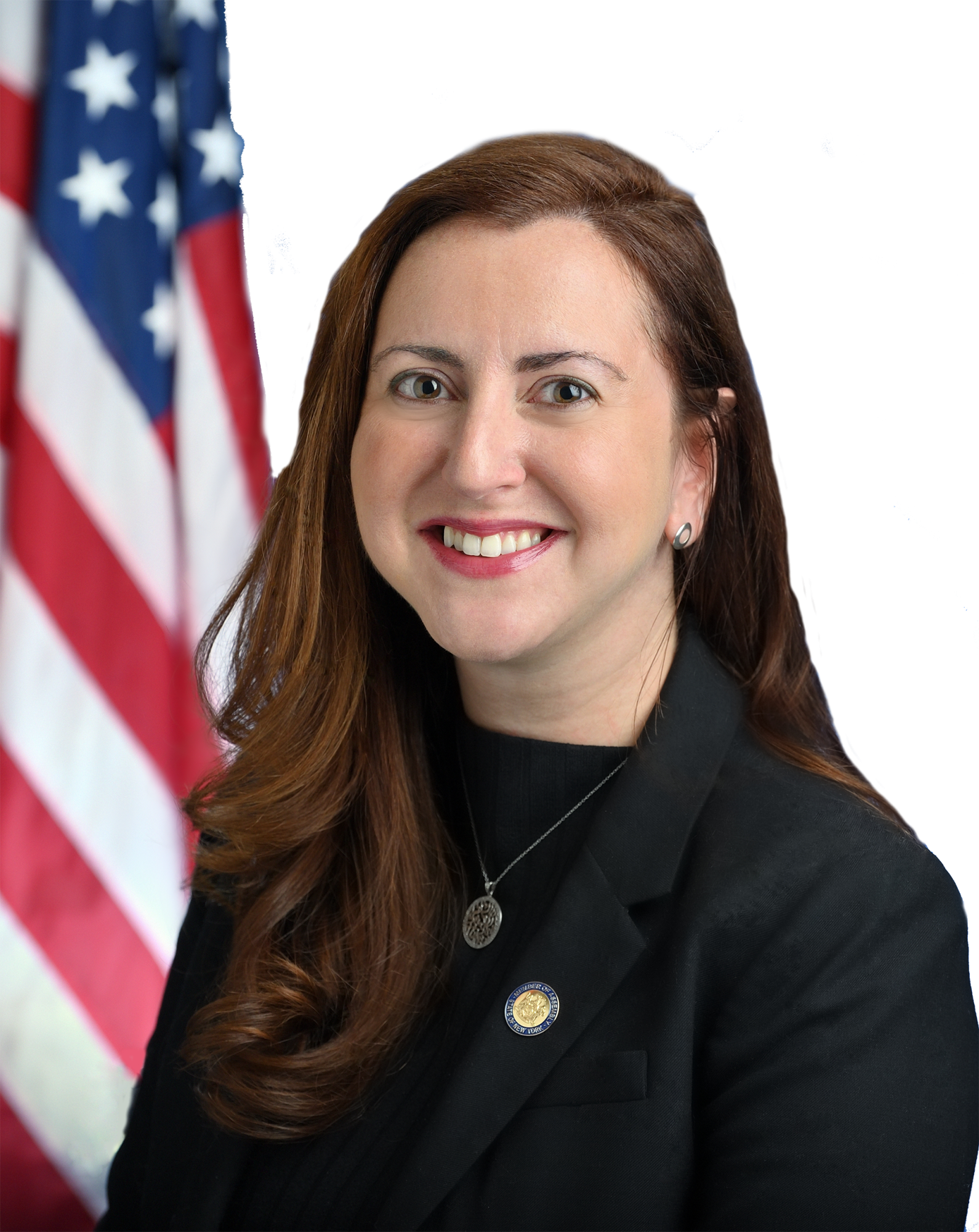Sepulveda, Rozic Pass Legislation to Allow Incarcerated Persons Entering Solitary Confinement to Make Telephone Calls
Legislation Allows Phone Call When Entering Solitary Confinement and Mental Health Treatment Once a Week
Albany, NY – Today, State Senator Luis Sepulveda (D-Bronx) and Assemblywoman Nily Rozic (D,WF-Queens) announced passage of legislation (A2285/S1850) that they sponsor that would allow an incarcerated person entering solitary confinement in special housing units (SHU) and in residential mental health treatment units in state prisons to make a telephone call upon admission and at least once a week thereafter.
“Currently, when an incarcerated person is placed in solitary confinement, he or she is not allowed any phone calls for the duration of the disciplinary sanction. Family members who are accustomed to speaking daily or weekly with their loved ones in prison become frantic, wondering what happened and fearing the worst,” said State Senator Sepulveda. “Cutting an individual's ties to home while he or she is in solitary is destabilizing and cruel not only to the prisoner but also to his or her parents, children and spouse. With the passage of S1850/A2285, families will no longer be left in the dark when their loved one in prison is placed in disciplinary confinement.”
“When an incarcerated person is admitted into a segregated housing unit, the barriers to rehabilitative programming and successful re-entry become even greater. For those who have been able to stay in contact with family throughout their sentence, the ability to make a phone call makes a huge difference,” said Assemblywoman Rozic. “We should strengthen familial ties instead of adding hurdles.”
The legislation would ensure that people who are incarcerated can be in touch with their family and not be entirely isolated from the relationships integral to their future. Although they have a constitutional right to correspondence, there are times when postage, paper, and writing implements are not present, and correspondence to and from the correctional facility may be delayed or unreliable. Permitting them to make telephone calls, upon admission into Segregated Housing Units and at weekly intervals ensures that family members' are aware of the situation.
Jennifer Scaife, Executive Director of the Correctional Association said: “The agonies of all forms of segregated confinement are exacerbated by the inability to communicate with loved ones, and simply mailing letters could never replace hearing the comforting voice of a mother, a child, or a spouse. As a result of Assemblywoman Rozic and Senator Sepulveda’s leadership, Governor Cuomo has an opportunity to sign A2285/S1850 into law and recognize the dignity of incarcerated people.”
Karen L. Murtagh, Executive Director of Prisoners’ Legal Services of New York (PLS) said: “Whether a person in prison is facing time in solitary confinement or dealing with a mental health crisis, the situation is traumatic for both the individual and his/her family members, who often have no idea what has happened to their loved one in prison. Allowing individuals suffering from a mental health crisis or facing solitary confinement to make an initial phone call to their families and weekly phone calls thereafter, helps allay the fears and concerns of family members and provides those in prison with much needed support. PLS applauds Assemblymember Rozic and Senators Sepulveda and Montgomery and all other sponsors, for acknowledging the importance of keeping families and loved ones connected during such difficult times.”
Recently, the City of New York announced that all telephone calls in city jails would be free, signaling a step towards creating humane conditions in local jails. This legislation serves a similar goal in creating a more rehabilitative environment in state facilities.
